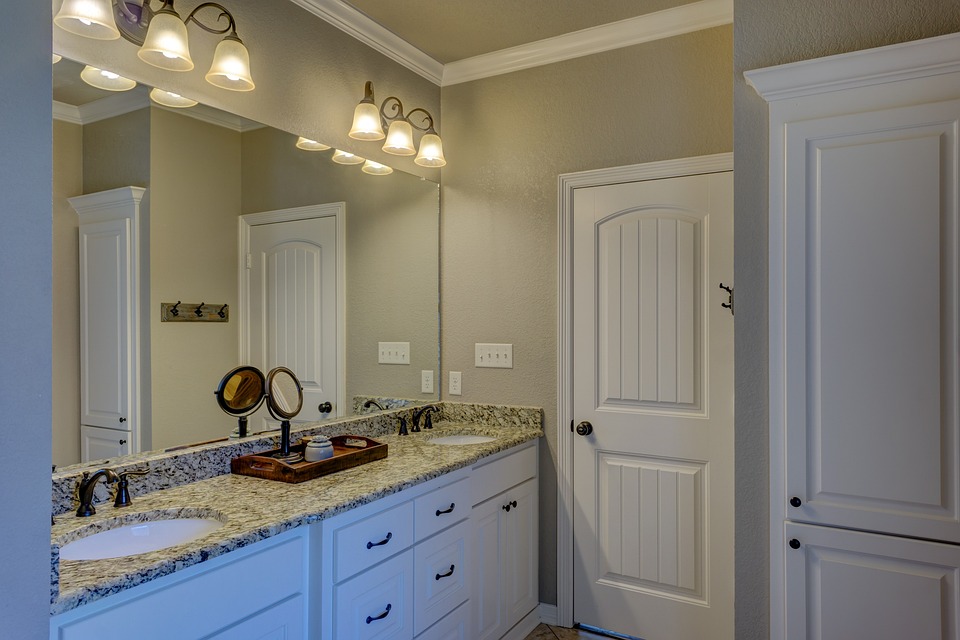Landlord tax rises that return nearly a decade have weakened their energy within the housing market and have benefitted first-time consumers by including greater than one million homes to the housing market, says a report.
Tax reforms by successive governments that stretch again to 2016 have been used “to dissuade buy-to-let acquisitions and, in doing so, enhance the place of first-time consumers,” in accordance to a examine by the Joseph Rowntree Foundation.
It provides: “These reforms helped stage the taking part in discipline between landlords and owner-occupiers and contributed to serving to greater than a million households entry homeownership.”
The report says information reveals that homeownership hit a low of 62% in 2016/17, with personal renting peaking at 21%.
Since then, personal renting has edged down to 19% and owner-occupation has risen to over 64%, equal to 1.1 million extra owner-occupier households than if pre-2016 developments had continued.
The examine, referred to as Rebalancing the housing market via tax reform, says that “unsurprisingly” this rolling again of tax exemptions has been met by hostility from property traders.
It says: “This method has proved unpopular with landlords and their lobbyists, who have argued that such insurance policies have led to an ‘exodus’ of landlords, inflicting stress on renters as they compete for fewer homes,” main to increased rents.
The place of landlords was made worse by the September mini-Budget, which spiked mortgage prices and “weakened the buy-to-let mannequin,” says the paper.
A more durable tax regime for landlords started when then-Conservative Chancellor George Osborne, within the 2016 Budget, moved to limit mortgage curiosity reduction of up to 45% for the wealthiest landlords within the personal rented sector, to the 20% primary fee of revenue tax.
While final month, stories emerged that Chancellor Rachel Reeves is known to be taking a look at proposals to add nationwide insurance coverage to rental revenue, hoping to increase £2bn within the November Budget.
The report provides that the sequence of reforms through the years that adopted had been designed to clamp down on “speculative funding” from landlords.
The personal rented sector expanded considerably via the 2000s and early 2010s, greater than doubling from 2.1 million homes in 2000 to round 4.8 million by 2015.
The examine says landlord reforms have performed a component to “rebalance who has energy within the housing market, and with it who owns homes”.
Tax reform has “efficiently dampened demand from personal landlords, driving down house purchases into the personal rented sector and flatlining the scale of the sector”
Lower housing demand from personal landlords has benefited residential consumers, “notably FTBs – there at the moment are round one million extra owner-occupiers than if the pattern which preceded the 2016 reforms had been”
This has occurred “with little damaging affect on the renters who stay within the personal rented sector, and people impacts that exist can – and will – be managed by coverage and regulatory interventions”
However, renter’s teams would level to personal rents rising by 5.9% to a median of £1,343 a month, within the 12 months to July, in accordance to the most recent information by the Office for National Statistics. Inflation is at present 3.8%.
The report says: “Where pressures on renters do exist, they’ll and must be managed via focused regulation that additionally steers the market towards higher housing outcomes of affordability, high quality and sustainability alongside efforts to enhance the general provide of latest homes.”
The examine provides that as the federal government seeks to construct 1.5 million homes by the top of this Parliament and enhance excessive loan-to-income mortgages, it ought to proceed to search a stage taking part in discipline between owner-occupiers and property traders.
It says: “Current proposals to ease mortgage entry for FTBs will have a larger affect if paired with insurance policies that restrict demand for property as a monetary asset.”
“Doing so would strengthen the place of FTBs whereas additionally stopping new lending insurance policies from pushing up home costs.”
The examine argues that future reforms on this space must be guided by two rules:
Parity of remedy between revenue from property and revenue from work
Neutrality throughout possession constructions, so tax benefits don’t encourage incorporation
The National Residential Landlords Association argues in opposition to the report, saying that increased taxes for landlords would lead to increased rents for tenants.
NRLA chief govt Ben Beadle says: “Both the previous head of the Institute for Fiscal Studies and the present Housing Minister agree that tax coverage impacts lease ranges. It just isn’t clear how increased taxes, main to increased rents, makes it simpler for tenants to save for a house of their very own.
“Despite some modest enhancements in provide, there are nonetheless a median of 11 renters chasing each house to lease, in accordance to Rightmove. Further tax hikes will serve solely to dampen funding within the sector, undermine tenant alternative and push rents even increased.
“For tens of millions of individuals, the personal rented sector is significant for guaranteeing they have a spot to name house. Rather than extra piecemeal tax grabs, the Government ought to use the tax system extra strategically.
“We want tax insurance policies that encourage long-term funding in new first rate high quality rental housing, helps funding in vitality effectivity enhancements, and incentivises accountable personal landlords to convey long-term empty homes again into use.”




